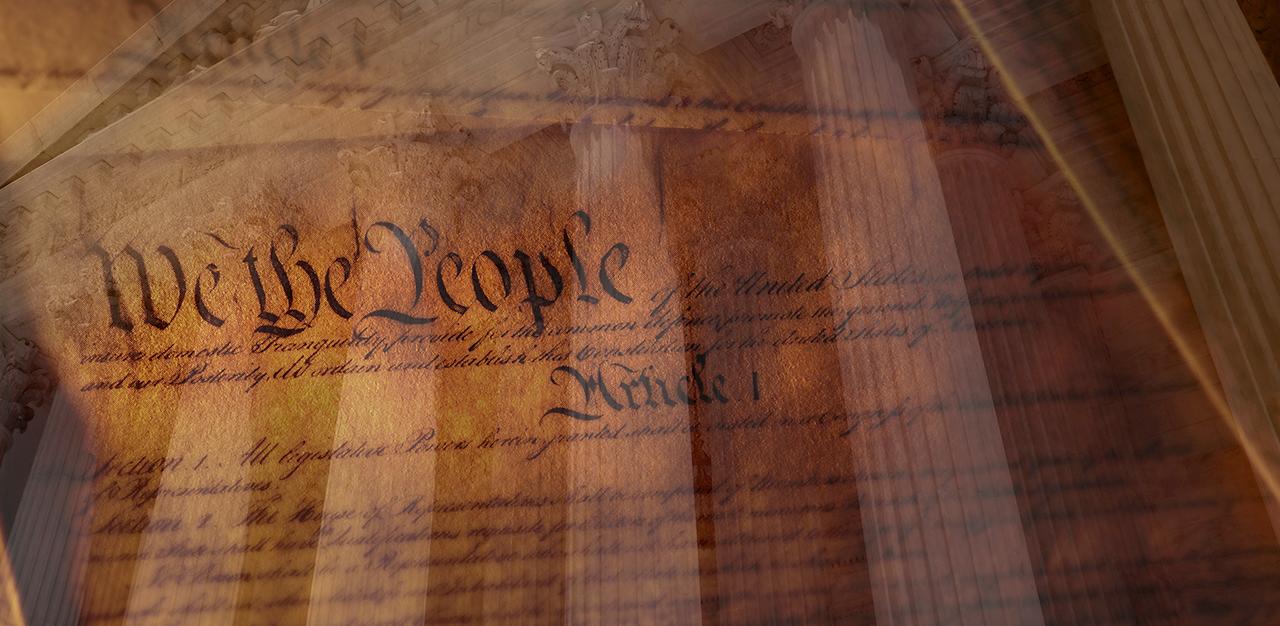
On May 1, 2023, the Supreme Court of the United States (SCOTUS) agreed to hear a case that places the landmark Chevron (1984) decision directly at issue. In Loper Bright Enterprises v Raimondo, SCOTUS Dkt. No. 22-451, the SCOTUS will decide whether to overrule Chevron (1984), thereby excising significant power and authority from federal administrative agencies like the IRS and EPA. The Loper public docket can be found here.
Loper, in fact, could serve as the catalyst this country needs in order to return to some semblance of balance among the three branches of our government. Notably, Associate Justice Hon. Ketanji Brown Jackson will not take part in the SCOTUS’s resolution of Loper because Justice Jackson heard oral argument by these parties in this case in her former role as a judge on the District of Columbia Court of Appeals.
The SCOTUS ruling in Chevron (1984) directed all courts in the nation to afford administrative agencies, run by contractors and unelected bureaucrats, great deference when issues involving administrative regulations based on statutory interpretation came before them. Chevron stands for the notion that complex and even unworkable regulatory schemes designed by bureaucrats are somehow an acceptable exercise of power by the Executive branch.
Our system of checks and balances has undoubtedly gone haywire since, at least, the Obama administration when the Executive branch irrefutably took great advantage of the Chevron Doctrine by conferring nearly unlimited authority to federal agencies to enact regulations, no matter the complexity, foolishness, or impractical nature, in a manner so convoluted as to become impossible to unwind.
The Chevron Doctrine has been viewed as the key reason for the modern regulatory state and as an affront to our Separation of Powers Doctrine. Indeed, affording great leeway to administrative agencies like CMS, the IRS, and the EPA, has led to an ungodly expansion of regulations, including those with civil and criminal penalties, and now here we are, living in a bloated bureaucratic administrative state that neither courts nor Congress is capable of correcting with the Chevron Doctrine in place.
Ready and willing to finally decide the viability of the Chevron Doctrine in American jurisprudence, the SCOTUS limited the issue in Loper to the following question presented:
“Whether the [Supreme] Court should overrule Chevron or at least clarify that statutory silence concerning controversial powers expressly but narrowly granted elsewhere in the statute does not constitute an ambiguity requiring deference to the agency.”
For all those interested in how the SCOTUS might decide Loper and whether our Separation of Powers Doctrine will be preserved by limiting bureaucratic rulemaking, Associate Justice Hon. Neil Gorsuch took the Chevron Doctrine to task last year in a well-reasoned formidable dissent to an order denying certiorari in Buffington v McDonough, SCOTUS Dkt. No. 21-972 (petition denied) explaining,
Under a broad reading of Chevron…we tell those who come before us to go ask a bureaucrat. In the process, we introduce into judicial proceedings a systematic bias toward one of the parties. Nor do we exhibit bias in favor of just any party. We place a finger on the scales of justice in favor of the most powerful of litigants, the federal government, and against everyone else.
Associate Justice Gorsuch went further, bringing to light how the Chevron Doctrine undermines our Separation of Powers Doctrine, stating,
As some tell it, Chevron effected a revolution in 1984. As the story goes, the decision overthrew all that came before and enshrined a new rule requiring courts to defer to Executive Branch interpretations of the law. No longer did executive officials have to be right about the law’s meaning to prevail in court—all they had to do was point to some relevant statutory ambiguity or silence and avoid being egregiously wrong.
We, at America’s Future, do not think bureaucrats should run our country. We did not elect federal contractors and lifelong government employees, yet we continue to live by the rules they draft. This very notion contravenes the American way of life; it disregards oaur three-branch system of government; it undercuts important legal principles; and it flies in the face of our God-given inalienable rights to life, liberty, and the pursuit of happiness. We hope the SCOTUS follows the lead of the Hon. Neill Gorsuch in his 2022 dissent and overrules Chevron as expeditiously as possible.






